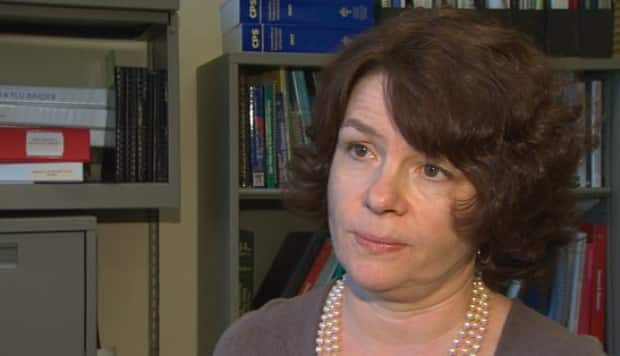Young adults, parents with kids hit hard by pandemic's social, economic effects
Families with children and adults aged 18-29 reported being hardest-hit by the socioeconomic effects of the COVID-19 pandemic, according to new data released Friday.
While seniors aged 70 and older experienced the most severe health effects, younger adults and parents of young children reported the pandemic taking a higher economic, mental and emotional toll, according to the provincewide COVID-19 Survey on Population, Experience, Action and Knowledge, conducted in the spring and funded by the BCCDC Foundation for Public Health.
Adults aged 18-29 were nearly twice as likely to be out of work due to the pandemic, with 27 per cent of respondents of this age group this compared with 16 per cent for the province overall.
They were also more likely to report increased difficulty meeting financial needs and were more pessimistic about their financial futures than other age groups.
Households with children were more likely to report worsening mental health, reduced sleep and increased alcohol consumption.

The results of the survey were used to inform decisions about public health measures during the pandemic, B.C.'s deputy provincial health officer, Dr. Réka Gustafson, said in a news conference Friday.
"When we were opening schools, when we were prioritizing what we restrict and what we don't, one of the things that has remained at the core of our goal is to make sure that children continue to have access to schooling, to in-person schooling," she said.
"That's informed both by how safe schools are, because they are. And the other is the recognition that those services are absolutely critical to young families."
Miranda Tracy, who lives in Langley and has two school-aged sons, said her stress levels are worse now than they were in May, when the survey was done.
There was recently an exposure at her sons' school and Tracy said she worries they might bring home the virus.

"It's the lack of masks, it's the lack of being able to social distance," she explained. "There's 30 kids and tiny classrooms with no real protection against COVID at all." Tracy also questioned why the results from a survey conducted in the spring are only being released in December, when conditions are different.
Gustafson attributed the delay to the time it takes to clean and analyze the data and prepare it for publication.
This represents the first time B.C. officials have released COVID-19 data of any kind pertaining to specific communities and ethnic groups.
It is the largest-ever population health survey in Canada, with a sample size of 395,000 people, or roughly one in 10 adults in B.C.
Results of the survey were weighted using census data to reflect the B.C. population.


